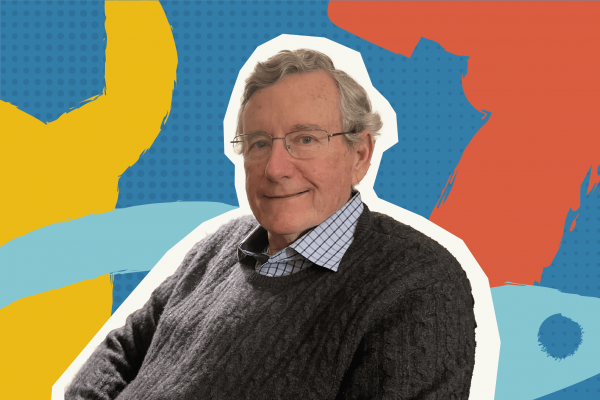Anyone who has spent even a second in a prison knows it’s hell. Growing up in church, I noticed people who participated in the church’s prison ministry were both respected and feared. Respected because they were doing what the writer of Hebrews admonishes believers to do regarding those in chains: Remember them as though you were in prison with them (13:3). But they were feared because many of them had actually been in prison. Rather than the prison system or the criminal legal system being classified as barbaric, it was the prisoners who were typically understood to be barbarians.
Joe Ingle has spent a lot of time in prison. Ingle is a writer and death row minister who has been active in prison ministry since the ’70s. A native of North Carolina and a graduate of Union Theological Seminary, Ingle has dedicated his life to being present with and advocating for the 1.9 million people incarcerated in the U.S., especially the more than 2,300 incarcerated people on death row.
Read the Full Article

